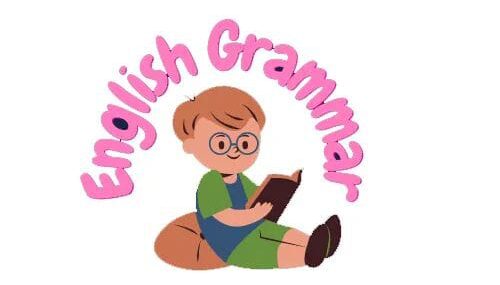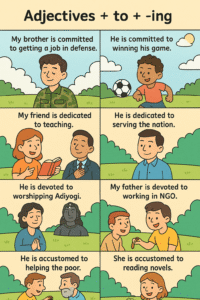Be used to vs be addicted to
Be used to vs be addicted to
Some expressions are given below. Those are also called adjectives. We use them in different manners. These expressions make your English better. Let’s get learned them quickly.
“be + used to” denotes that someone is not in the habit of doing such a work which is difficult or different in doing but gradually a person comes into the habit after facing a few problems in adjusting the environment or situation at that moment.
Subject + is/are/am + used to + verb + ing + object(be used to vs be addicted to).
- He wasn’t in the habit of living in difficult circumstances but after coming to Mumbai; He is used to living in such an odd condition.
- They are used to living in such odd conditions.
- When I came to the village, I get disturbed due to the electricity supply. Now I am habitual of living without electricity.
- Therefore, we can say:
- I am used to living without current.
- She used to be rich a decade ago among top richest persons list. But after getting married to her colleague, she is used to living without comfort.
- I have shifted to Karnal from Meerut.
- I am used to living alone in this city.
- I haven’t worked under pressure. But now I am used to working under pressure.
- I have rotational shifts in the company. Now I am used to working the whole night.
- Are you used to working in hot conditions?
let’s have a look for more examples to learn how to use “be used to” in the sentencess – (be used to vs addicted to)
- My brother who lives in Jaipur is used to living in hot conditions.
- Rajsthani People are used to working in hot conditions.
- Kashmiris are used to working in cold conditions.
- Are you used to riding on bumpy roads?
- I am not used to riding on bumping roads.
- Gradually, you will get used to riding on bumping roads.
- She will get used to working in odd conditions.
- We have shifted to Shimla. We will get used to living in cold conditions.
- If somebody starts living in Mumbai, he will get used to wading through rainwater (walk through water).
- If you live in Delhi, you will get used to listening to sound pollution.
- I heard a lot that working in the Police takes bribes.
- Gradually you will get used to taking bribes from the public in the police department.
- Every policeman doesn’t take bribes that’s why I won’t get used to taking bribes.
- My friend, we are used to corrupt systems.
“be used to vs be Addicted to” (adjective)
A person who is physically and mentally dependent upon specific things can’t go without them.
Be (is/are/am, was, were), become and get can be used with this expression.
Subject + be/become/get + addicted to + verb + ing/ no action.
- He is addicted to video games.
- She became addicted to Facebook.
- I got addicted to the internet.
- Rahul was addicted to alcohol.
- He got addicted to smoking.
- Are you addicted to taking liquor?
- No, I am not addicted to taking liquor.
- But my brother is addicted to taking liquor.
- He is addicted to surfing the internet the whole night.
- People are getting addicted to the net.
- Youths are getting addicted to taking drugs these days.
- Has your brother got addicted to drugs?
- He has got addicted to drugs. You should send him to a rehabilitation centre.
- He got addicted to medicine.
Exercise:
Choose appropriate expression in-between “be used to vs be addicted to”:
- He has got ………. to alcohol. (used/addicted)
- She is ……….. to living in such an odd condition. (addicted/used)
- He is ……… to living without current. (used/addicted)
- Has he got ……….. to drugs? (used/addicted)
- She is ………… to smoking. (used/addicted)
- I heard a lot that, working in the Police takes bribes.
- Gradually you will get ………. to taking bribe in the police. (used/addicted)
- He plays a Pub G video game all time. He is ………. It. (used to/ addicted to)
- I have been working in Jodhpur for a long time. I have got ……… to habitual living in a hot climate over here. (used/addicted)
- I haven’t worked under pressure. But now I am ……….. to working under pressure. (used/addicted)
- If you start living in Mumbai, you will get …….. to wading through rainwater. (used/addicted)
- She is…….. . to taking liquor. (used /addicted)
- My teacher was very polite but the students were very naughty that’s why He got ……. to scolding to students. (used /addicted)
- She will get ……….. to taking non-veg food in china. When you start working over there. (used /addicted)
- He has made a girlfriend. He will definitely get ……….. to talking on the phone. (used/addicted )
- I found that your son had got ………… to taking a bath in chilled water. (used/addicted)

